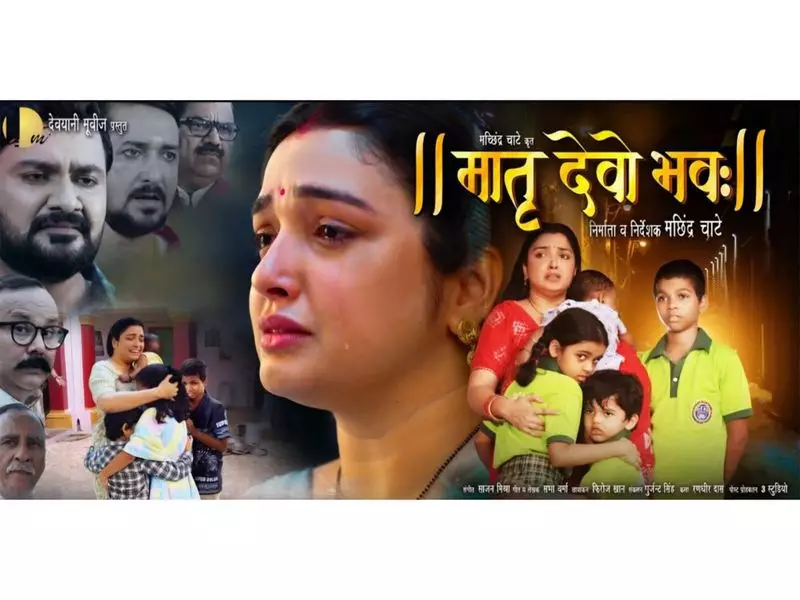
A mother's desperate cry for help has shaken the foundations of corporate responsibility in India's healthcare sector, exposing systemic failures that put profits before patient welfare. The emotional appeal of a helpless mother, whose daughter faced critical medical complications, has ignited nationwide conversations about ethical healthcare practices.
The Heart-Wrenching Plea That Moved a Nation
The crisis unfolded when a young woman, daughter of the distraught mother, experienced severe medical complications requiring immediate attention. The mother's emotional outburst, captured in a viral social media post, echoed the ancient Sanskrit principle "Maatri Devo Bhava" - meaning "Mother is equivalent to God." Her words resonated deeply across social media platforms, drawing attention to the family's desperate situation.
The case gained momentum when prominent business leader Anand Mahindra, Chairman of the Mahindra Group, responded to the mother's plea. Mahindra acknowledged the emotional power of a mother's cry, stating that "when a helpless mother cries, even the sky splits apart." His intervention highlighted the growing influence of corporate leaders in addressing social issues beyond their immediate business interests.
Systemic Failures in Healthcare Infrastructure
This incident reveals critical gaps in India's healthcare ecosystem, particularly in handling medical emergencies and ensuring patient safety. The family's struggle to navigate the complex medical system underscores the challenges faced by ordinary citizens when corporate hospitals fail to provide adequate care.
The timing of this crisis coincides with increasing scrutiny of private healthcare providers in India. Multiple reports have highlighted issues ranging from exorbitant medical bills to inadequate patient support systems. This case adds to the growing evidence that systemic reforms are urgently needed to protect vulnerable patients and their families.
Corporate Responsibility in Healthcare
Anand Mahindra's response sets an important precedent for corporate leadership in addressing social crises. By publicly acknowledging the mother's suffering and advocating for resolution, he demonstrated how business leaders can leverage their influence for social good. This approach represents a significant shift toward more humane corporate governance.
The incident also raises questions about the ethical responsibilities of healthcare corporations. When medical institutions prioritize financial considerations over patient welfare, they violate the fundamental trust that forms the basis of doctor-patient relationships. This case serves as a stark reminder that healthcare providers must balance commercial interests with their primary duty of care.
Broader Implications for India's Healthcare System
This emotional saga has triggered discussions about necessary reforms in India's medical sector. Experts suggest that stronger regulatory frameworks, better grievance redressal mechanisms, and enhanced accountability measures could prevent similar situations in the future.
The widespread public response to this case indicates growing awareness about patient rights and healthcare quality. Citizens are increasingly demanding transparency and accountability from healthcare providers, signaling a potential shift in the power dynamic between medical institutions and patients.
As India continues to develop its healthcare infrastructure, this incident serves as a crucial learning opportunity. It emphasizes the need for compassionate healthcare delivery systems that address not just physical ailments but also the emotional needs of patients and their families.
The resolution of this particular case, facilitated by corporate intervention, offers hope for improved systems. However, it also underscores the reality that systemic change requires sustained effort from all stakeholders - government regulators, healthcare providers, corporate leaders, and civil society.






